Introducing MERCURY DETOX
Natures heavy metal detoxifier FDA approved for Heavy Metal Detox.
Active Ingredient Clinoptilolite Zeolite

Mercury Detox helps with mercury toxicity:
• Acts as a binder through direct adsorption of heavy metals.
• Support the body’s ability to detoxify and eliminate certain toxins.
• Helps to reduce/reverse toxicity due to heavy metals exposure.
• Absorbs/bonds and removes harmful and toxic substances from the gastrointestinal tract.
Mercury is one of the world’s top toxic threats. The World Health Organization (WHO) prioritizes mercury as one of the top toxic metals Pure Earth estimates that 19 million people around the world are at risk for exposure to mercury. Due to its easy transportability, mercury is considered a global pollutant.
Sources, Exposure, and Environmental Impacts of Mercury:
Mercury exposure stems from various sources:
- Contaminated food, water, and air
- Fish consumption, particularly predatory species.
- Mercury emissions from industrial processes.
- Natural phenomena like volcanoes and forest fires
- Burning fossil fuels in power plants and Coal combustion contribute to atmospheric contamination.
Harmful Effects of Mercury:
· Neurological Effects: Mercury affects the central nervous system, leading to cognitive impairment, memory loss, and tremors.
· Renal Effects: Mercury can damage the kidneys and impair kidney function.
· Cardiovascular Effects: High mercury levels are associated with increased risk of heart disease and hypertension.
· Developmental Effects: Mercury exposure during pregnancy can result in developmental delays, learning disabilities, and behavioral problems in children.
· Gastrointestinal Effects: Ingestion of mercury can cause abdominal pain, nausea, vomiting, and diarrhea.
· Respiratory Effects: Inhalation of mercury vapor can lead to respiratory issues, including bronchitis and pneumonitis.
Mercury is classified as a carcinogen, with evidence linking it to various cancers, including:
· Neurological Cancer: Mercury exposure has been
associated with brain cancer.
· Renal Cancer: High mercury levels may contribute
to the development of kidney cancer.
· Respiratory Cancer: Inhalation of mercury vapor
has been linked to lung cancer.
· Colorectal Cancer
· Skin Cancer
Ways Mercury Enters the Food Chain:
Mercury enters the food chain through several pathways:
Bioaccumulation: Mercury accumulates in aquatic organisms, particularly predatory fish, through a process called bioaccumulation.
Biomagnification: Predatory fish consume smaller fish containing mercury, leading to biomagnification as mercury concentrations increase up the food chain.
Direct Contamination: Mercury-contaminated water can directly contaminate plants and animals consumed by humans.
Report: The impact of mercury contamination and its health effects are detailed in the report titled “Global Mercury Assessment”
